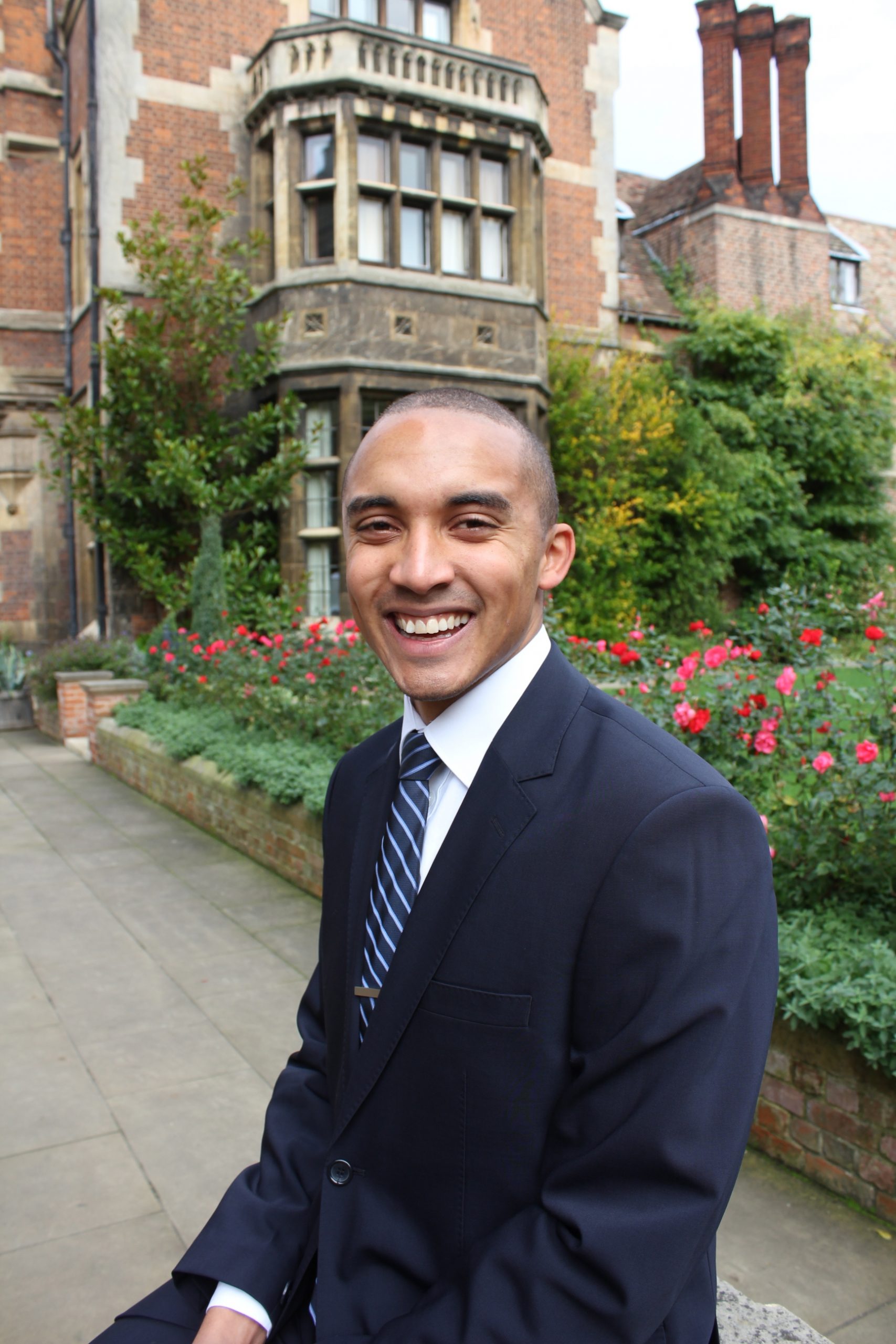
Musa Chunge selected as apprentice to the President of the Institution of Civil Engineers
Even as a relatively young engineer I have experienced the challenges of moving and practising in different nations and cultures. To arm oneself with [helpful] information when moving abroad would be a major boost to individual engineers, companies seeking to operate abroad and to regions seeking to benefit from or implement foreign best practices.
Musa Chunge
A Gates Cambridge alumnus has been chosen as an apprentice to the president of the Institution of Civil Engineers.
Musa Chunge [2013] did an MPhil in Engineering at the University of Cambridge and is now working for Laing O'Rourke.
The ICE President's Apprentice Scheme, which is open to all technicians and ICE graduate members working towards their professional qualification, has been running since 2005 and offers a unique opportunity to gain experience, develop skills, learn about the industry and be mentored by the ICE President, Sir John Armitt.
This year the scheme is expanding from a one-year opportunity to a more extended career development programme. The successful apprentices will attend ICE events, meet senior industry people and join Sir John on regional visits.
They will also work on a strategic project to help make a real contribution to the profession. Projects include ICE's flagship State of the Nation report, the 'This is Civil Engineering' public awareness campaign and activities to help attract young people into the profession. Musa will be part of a project to help ICE members navigate the international differences in civil engineering practices.
Musa says: "The project on international differences in engineering feels very natural to me. Even as a relatively young engineer I have experienced the challenges of moving and practising in different nations and cultures. These range from simpler troubles in terminology – “AluminUM” versus “AluminIUM” – to daunting subjects like the recognition of academic qualifications, engineering governance/legal structures, differences in codes/standards and design philosophies, and engineering for new climates. To arm oneself with this information when moving abroad would be a major boost to individual engineers, companies seeking to operate abroad and to regions seeking to benefit from or implement foreign best practices. I hope to help find ways to overcome these challenges and increase the fluidity of knowledge moving across regions."
At the end of the President's 12-month term the apprentices automatically become part of the President's Apprentice 'alumni network', which provides opportunities to engage and network with a dynamic peer group for the rest of their career.












